
Chinese economic data shows extent of coronavirus hit

Industrial output during January-February fell by 13.5pc from a year earlier, well below the 6.9pc growth in 2019, NBS data released today showed. China releases the data for the first two months of the year combined to remove the volatility around the lunar new year holiday.
China's urban unemployment rate rose to 6.2pc in February, with 1.08mn jobs created in urban areas during January-February.
Infrastructure investment fell by 30.3pc during January-February. Beijing fast-tracked bond issues in late 2019 to front-load projects in early 2020, although restrictions to halt the virus spread put most large-scale projects on hold. Infrastructure investment is expected to rebound quickly after provinces approved key projects in early March.
Fixed asset investment fell by 24.5pc during January-February, down from 5.4pc growth in 2019.
The economy is rebounding this month and these gains will continue in the second quarter, said NBS spokesman Mao Shengyong.
"After March especially in the second quarter, there will be more improvement in the recovery of production and living conditions," Mao said. More than 95pc of industrial companies of a certain size, excluding Hubei, have resumed operations, he said. Hubei, and its provincial capital Wuhan, were the epicentre of the coronavirus outbreak.
China's housing markets also slumped with key indicators showing large falls. Real estate construction investment fell by 16.3pc from a year earlier. Residential construction investment by area fell by 16pc. Property sales by area dropped by 39.9pc, while sales by value fell by 35.9pc. Land transactions by area fell by 29.3pc and fell by 36.2pc by value.
But even with the softness in real estate markets, government policy will not change, with no stimulus for real estate markets in the near future, the NBS said. Beijing has sought to prevent an overheating of its housing markets.
Auto production, a key driver of flat steel demand, fell by 45.8pc during January-February, down sharply from 8.1pc growth in 2019. This matches industry data that showed January-February falls in auto sales of 44pc and production at 50pc.
January-February rail, ship, aerospace and other transportation equipment manufacturing fell by 28.2pc, wider than the 6.8pc fall in December.
The unemployment rate has risen as a result of the coronavirus outbreak, but it should ease in the second half of the year as production restarts and job demand increases, Mao said. China will ensure the overall stability of employment this year by supporting businesses and employees, Mao said.
But the spread of the coronavirus overseas is increasing uncertainty, so "we must continue to do a good job in the prevention and control of the epidemic situation, and we must not relax," Mao said.
By Chris Newman, Kitty Xie and China staff


Gold price eases after Trump downplays clash with Fed chair Powell

Copper price hits new record as tariff deadline looms
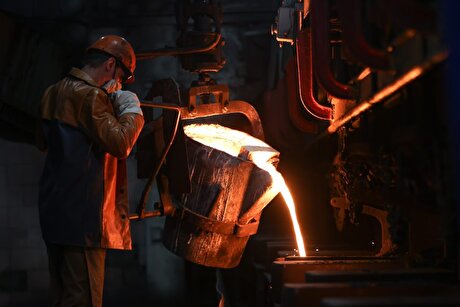
Brazil producers look to halt pig iron output as US tariff threat crimps demand
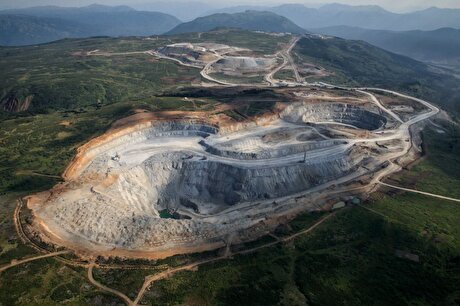
Three workers rescued after 60 hours trapped in Canada mine

Gold price could hit $4,000 by year-end, says Fidelity

Chile’s 2025 vote puts mining sector’s future on the line
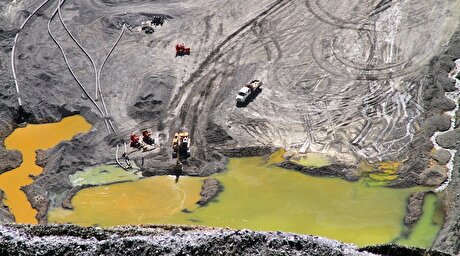
US targets mine waste to boost local critical minerals supply

Energy Fuels surges to 3-year high as it begins heavy rare earth production
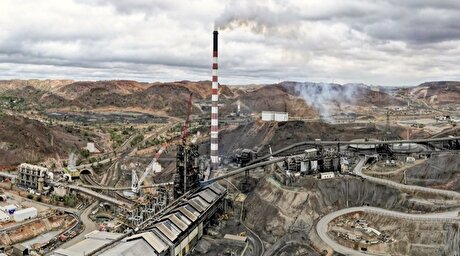
Glencore workers brace for layoffs on looming Mount Isa shutdown
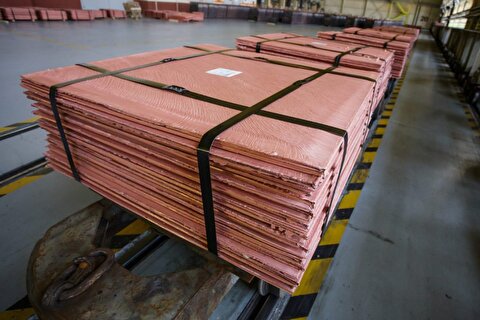
Trump tariff surprise triggers implosion of massive copper trade

Maxus expands land holdings at Quarry antimony project in British Columbia

BHP, Vale accused of ‘cheating’ UK law firm out of $1.7 billion in fees
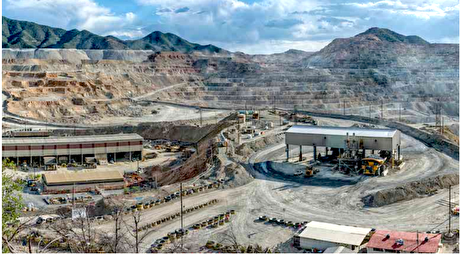
Southern Copper eyes $10.2B Mexico investment pending talks

American Tungsten gets site remediation plan approved for Ima mine in Idaho

Kinross divests entire 12% stake in Yukon-focused White Gold

Gold price could hit $4,000 by year-end, says Fidelity

Southern Copper expects turmoil from US-China trade war to hit copper

Ramaco Resources secures five year permit for Brook rare earth mine in Wyoming

Column: EU’s pledge for $250 billion of US energy imports is delusional

Trump tariff surprise triggers implosion of massive copper trade

Maxus expands land holdings at Quarry antimony project in British Columbia

BHP, Vale accused of ‘cheating’ UK law firm out of $1.7 billion in fees

Southern Copper eyes $10.2B Mexico investment pending talks

American Tungsten gets site remediation plan approved for Ima mine in Idaho

Kinross divests entire 12% stake in Yukon-focused White Gold

Gold price could hit $4,000 by year-end, says Fidelity

Southern Copper expects turmoil from US-China trade war to hit copper

Ramaco Resources secures five year permit for Brook rare earth mine in Wyoming














